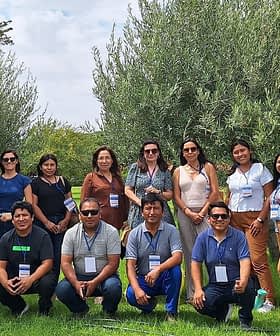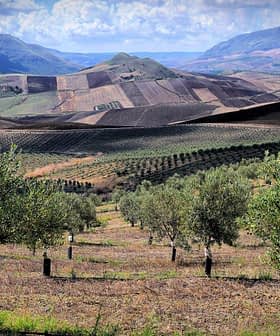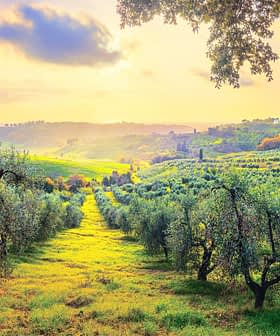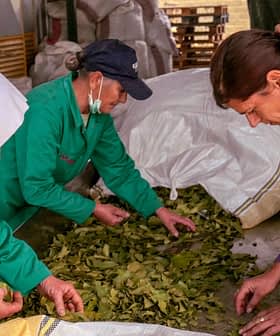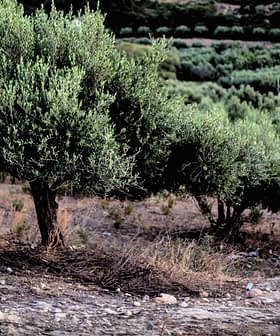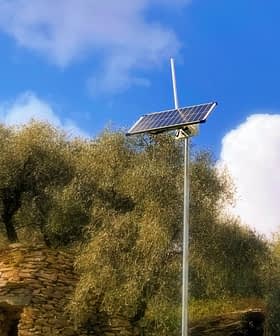Urgent Need to Increase Water Supply in Italy, Producers Warn
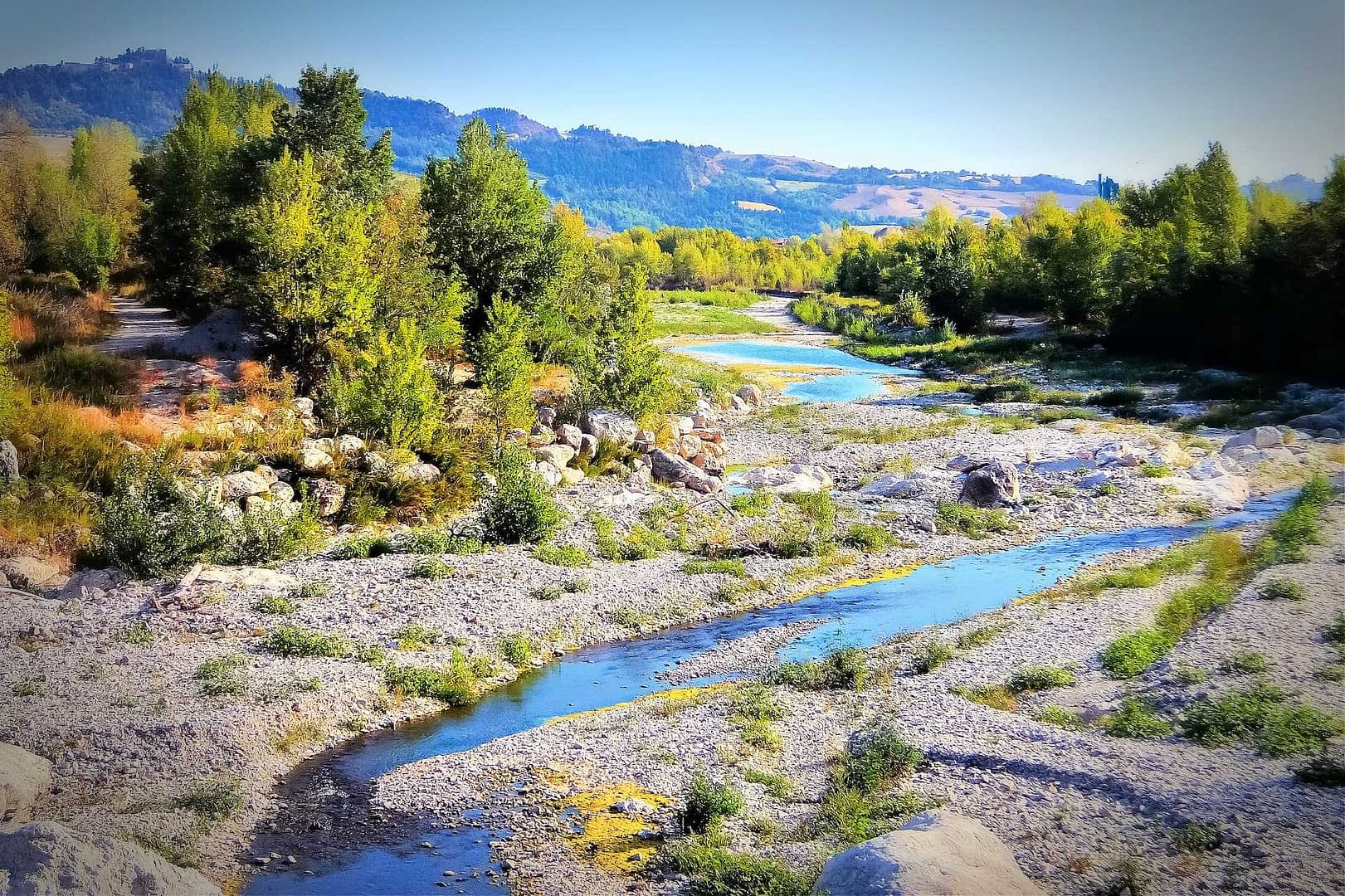
Italia Olivicola has warned of the urgent need to increase water supply and reduce the effects of climate change due to low rainfall and scorching heat in olive growing regions, which could compromise production quantity and quality. The organization is calling for increased political and economic efforts to support the sector, improve irrigation systems, and prevent desertification in order to sustain olive production in Italy.
“There is an urgent need to increase water supply and reduce the effects of climate change,” the national producer association, Italia Olivicola, has warned.
The organization said that low rainfall and the scorching heat in recent weeks in the main olive growing regions are making the situation worse, especially in places that have experienced wildfires.
The heat and the strong water stress to which the plants are subjected are risk factors for the development and ripening of the fruit not only in the upcoming campaign but could also have a negative impact on subsequent ones.
“On the one hand, this climatic contingency helps to curb the spread of the dreaded olive fly, which prefers cooler and more humid habitats,” said Gennaro Sicolo, the president of Italia Olivicola.
See Also:Drought Likely to Cause Production Decrease in Spain, Leading Cooperative Predicts“On the other, it risks compromising the production performance of the upcoming harvesting campaign, bringing further concerns also for subsequent ones in relation to production quantity and quality,” he added.
Olive farmers were hopeful during the first part of 2021 as olive groves flowered abundantly. Then, as flowers gave way to fruits, their hopes held firm with promises of a good harvest in the face of challenges brought about by the Covid-19 pandemic.
However, rain failed to fall at the right times, and drought persisted for months. The dry conditions were also accompanied by high temperatures and fires, which have diminished hopes of substantial production increases.
Through the years, the olive tree has been known as a hardy crop that can withstand arid climates; however, recent climatic conditions are threatening the trees’ ability to resist dry spells.
“The heat and the strong water stress to which the plants are subjected are risk factors for the development and ripening of the fruit not only in the upcoming campaign but could also have a negative impact on subsequent ones,” Sicolo said.
However, he added that the durability of the olive tree to hot and dry temperatures justify significantly increasing political and economic efforts to support the sector and increase the competitiveness of olive growers.
See Also:One-Fifth of Italy at Risk of Desertification, Irrigation Experts Warn“The constant request to increase the competitiveness of the supply chain is not consistent with the de facto unavailability of an adequate supply of tools to achieve the desired standards, as in the case of irrigation systems,” Sicolo said.
Currently, Italy’s agriculture faces many challenges, including decreasing rainfall over the years. This is compounded by poor infrastructure for collecting water, low soil moisture and high temperatures that intensify evaporation.
In addition, the gradual desertification of the southern region has not made things better. Overtime time, the problem is also expected to creep northward.
Currently, about 70 percent of Sicily is at risk of desertification, while in the northern parts of the country, the risk of desertification is at 30 to 50 percent.
“Under current conditions, making an appeal to the national government and the regions, farms are not able to receive adequate support for the creation of irrigation systems,” Sicolo concluded. “We can overcome this impossibility by creating ad hoc tools and financial endowments for the water supply in the olive groves.”


